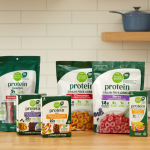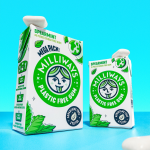Cometeer Raises $35M, Seeks To Become the ‘Craft Beer’ of Coffee
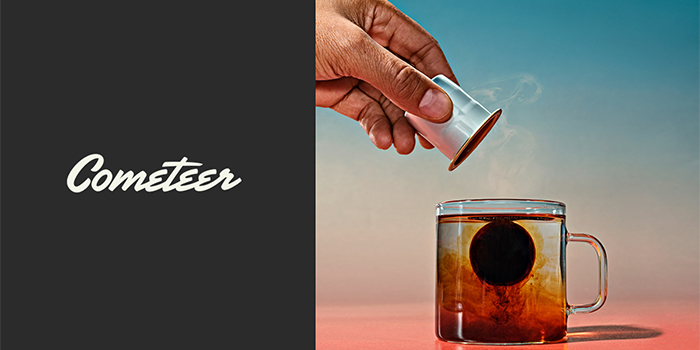
Coffee company Cometeer wants to make specialty coffee more accessible. To support this goal, the company announced yesterday the close of an additional $35 million in funding for its frozen coffee line.
What is Cometeer?
Founded in 2019, Cometeer sells aluminum capsules that each contain a frozen puck of coffee extract (not concentrate) that need to be mixed with hot or cold water. Currently, the capsules are sold in curated collections on Cometeer’s website at $64 for a 32-pack. Once thawed, the capsules are good for 24 hours, if refrigerated.
The company says it has developed proprietary technology around how coffee is brewed, packaged into the capsules and, finally, flash frozen. By calibrating each run to the beans used, Cometeer says it is able to produce a coffee that is superior in taste. Currently the company is operating out of a 70,000 square-foot facility in Gloucester, Massachusetts but Roberts hopes to bring other facilities or distribution centers online in the future.
The company’s current roster of specialty coffee partners includes George Howell, Equator, Bird Rock, Birch, Joe, Counter Culture, Red Bay and go get em tiger.
What Happened?
The company did not specify which investors took part in this round, which it said will bring its total funding to-date to north of $100 million. Across all founding rounds, investors include D1 Capital, Tao Capital, Greycroft Partners and the founders of companies including Allbirds, Android Mobile, Daring Foods, Dollar Shave Club, Harry’s, Morning Brew, Omaze, Parade, Stripe, and Warby Parker.
This round of capital, CEO and co-founder Mathew Roberts said, will be used to help with general growth efforts, including production, marketing and customer service.
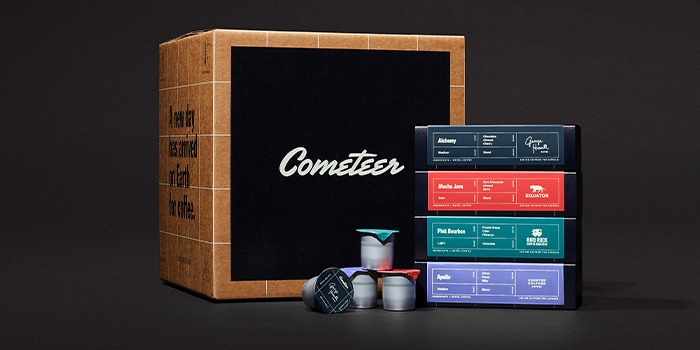
How Does Cometeer Fit Into the Coffee Landscape?
Consumers have a variety of options when it comes to getting a quick cup of coffee.
First and foremost, there’s the ubiquitous coffee shop chains that seem to be on every corner. But Roberts says many of these cafes clock in at over Cometeer’s $2 per cup price point, which Roberts calls an “affordable luxury.” For less premium coffee shops, the focus is also on volume not quality of coffee, he added.
Though there are instant coffee or on-the-go coffee options, Roberts again points to sacrifices on taste. While other brands, such as Steeped Coffee, Alpine Coffee, Copper Cow and Kuju Coffee, have launched premium offerings, Roberts notes that as soon as beans are ground, they begin to lose their flavor and break down. With Cometeer, he said, the coffee is brewed immediately and the preservation methods focus on the beverage itself versus the beans. Though many consumers may not realize what a quality brewed cup of coffee tastes like, Roberts believes that with education palates can, and will, change.
“I point to the craft beer industry — is the craft beer industry focused on just a certain demographic or just better tasting beer for everyone,” Roberts said. “Consumers all over the country, from different backgrounds, are looking for a fuller flavor, more variety in their cup, and they also want to support next generation brands and regional brands.”
What’s the Focus Moving Forward?
Despite believing consumers will pay more for taste, Roberts said he plans to expand Cometeer’s offerings to have a wider array of brands and move beyond its current flat pricing model. Still, Roberts said he also prefers to work with producers with direct trade relationships with their growers. But even if Cometeer doesn’t eventually partner with the likes of Dunkin Donuts and Starbucks, he hopes that the company’s education efforts will motivate consumers to demand more from their coffee roasters in terms of sustainability, labor practices and flavor.
Cometeer began by focusing on winning over the coffee community, trying to prove that fast coffee can taste good, but the ultimate plan is to target a more mass shopper, Roberts said.
“Our goal wasn’t to take people who love their coffee ritual and their pourover and convert them to Cometeer,” he added. “Our goal was to grab those drinkers who have never had a great cup of coffee before and bring them into the industry.”
To reach these shoppers, the company also wants to eventually move beyond its online-only, direct-to-consumer model — selling the capsules in traditional retailers and allowing its roasting partners to sell directly to their consumers, both online and in their own cafes. The first step was this weeks’ announcement that Cometeer had removed the waitlist for its products.
If it sounds like Cometeer is trying to do a lot — managing production, a consumer facing brand, distribution and eventual retail placements — that’s because it is. Roberts said that focusing on just one part of the process would ultimately result in quality issues and by serving as a manufacturer, brand and retailer, Cometeer can ultimately have a bigger impact.
“We’re going to pay the honest, fair market value for our coffee, and make sure the supply chain is well paid…we have a model that we think is sustainable,” Roberts said. “I’ve never shied away from anything because it was because it was easy.”
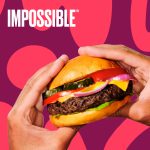
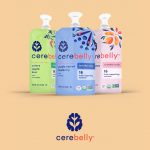











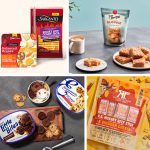
![[Updated] Oats Overnights Secures $45M Investment From Astō](https://d2azl42aua8mom.cloudfront.net/wp-content/uploads/2026/01/29172259/2026-01-29-oats-overnights-secures-45m-in-growth-equity-from-square-150x150.jpg)
